FARM SITES NEEDED FOR ANNUAL WHEAT PEST SURVEYS
Each fall, once harvest is complete, Alberta Agriculture, Forestry and Rural Economic Development collects soil samples for wheat midge and does stem counts for wheat stem sawfly.
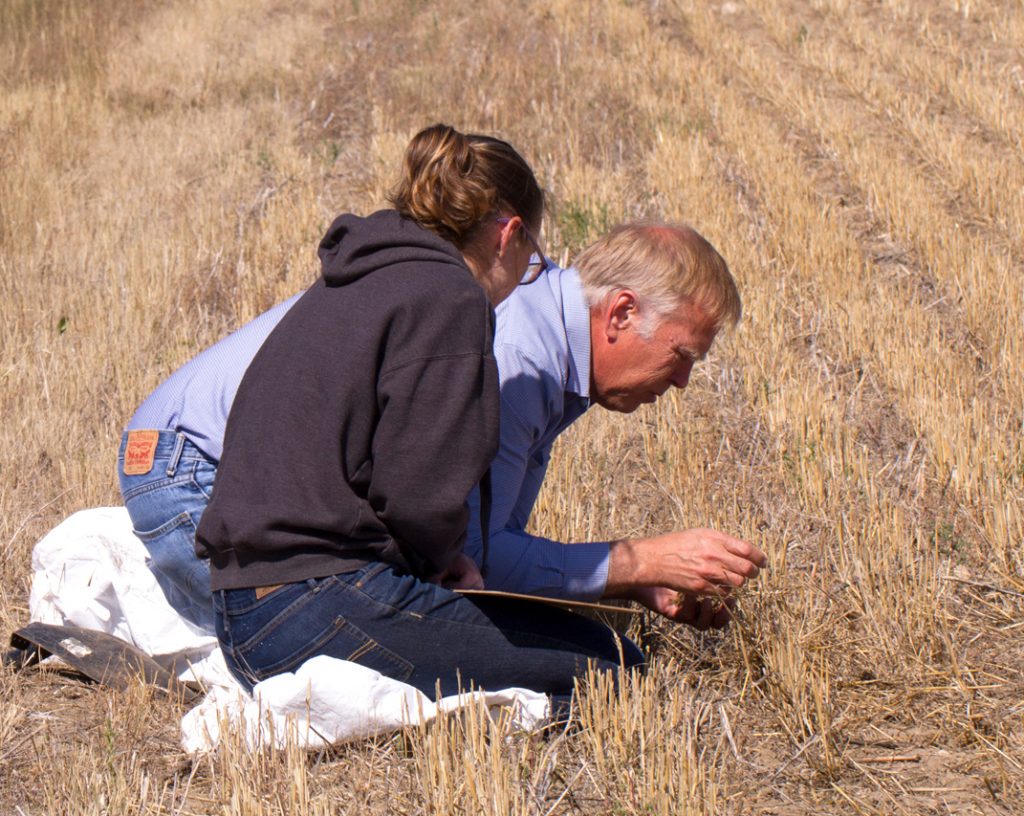
Each fall, once harvest is complete, Alberta Agriculture, Forestry and Rural Economic Development collects soil samples for wheat midge and does stem counts for wheat stem sawfly.

The goal of AYSA is to encourage this passion and develop communication, leadership and networking skills in youth. Given a choice between seven pressing agricultural issues, these future farm ambassadors had clearly done their research and impressed the judges with their insights.
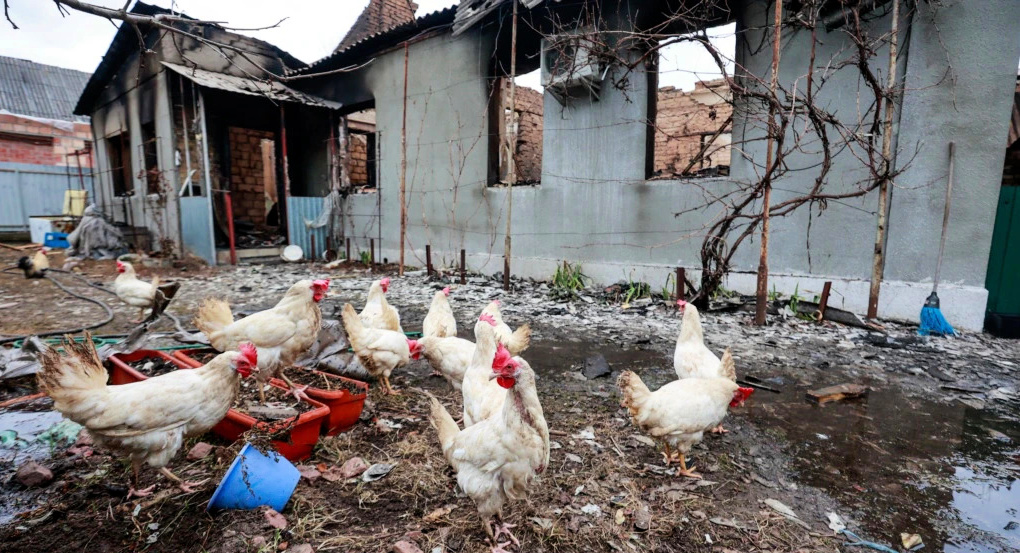
EarthDaily Analytics is a Vancouver-based data processing and analytics company. With its agricultural subsidiary EarthDaily Agro and Agrilab, a Ukrainian precision farming business, the company launched Support Ukrainian Farmers Coalition (SUFC). The global organization is composed of government, corporate and NGO partners.

The kits are intended to use playtime to instil a lifelong appreciation for agricultural safety and set children up to act as safety ambassadors on their farms. Among each kit’s contents is an adjustable, CSA Z96-15 compliant child‘s safety vest.
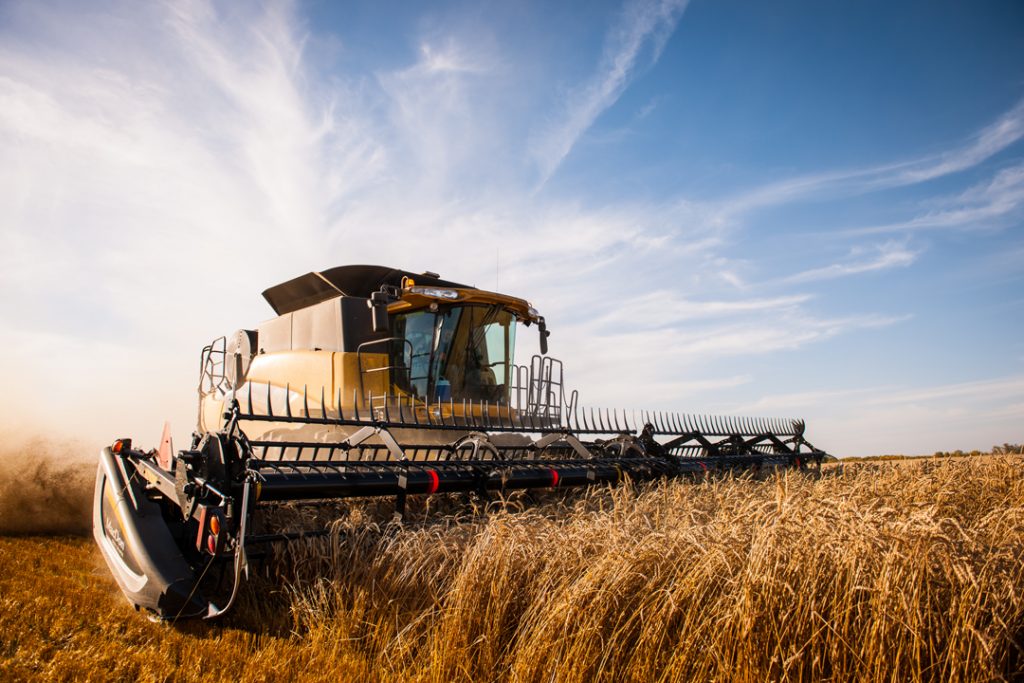
While the nation expects agriculture to contribute to long-range carbon emissions reductions targets, agriculture has made huge gains in sustainability since the early 1990s. Naturally, farmers are frustrated by the lack of recognition for these positive developments.

An industry-led organization formed in 2018, AgSafe Alberta works with farmers and ranchers to improve the safety of their operations. GrainsWest spoke with Jody Wacowich, the organization’s executive director, about the launch of FARMERS CARE, a farm safety program that will eventually feature four bite-sized levels.
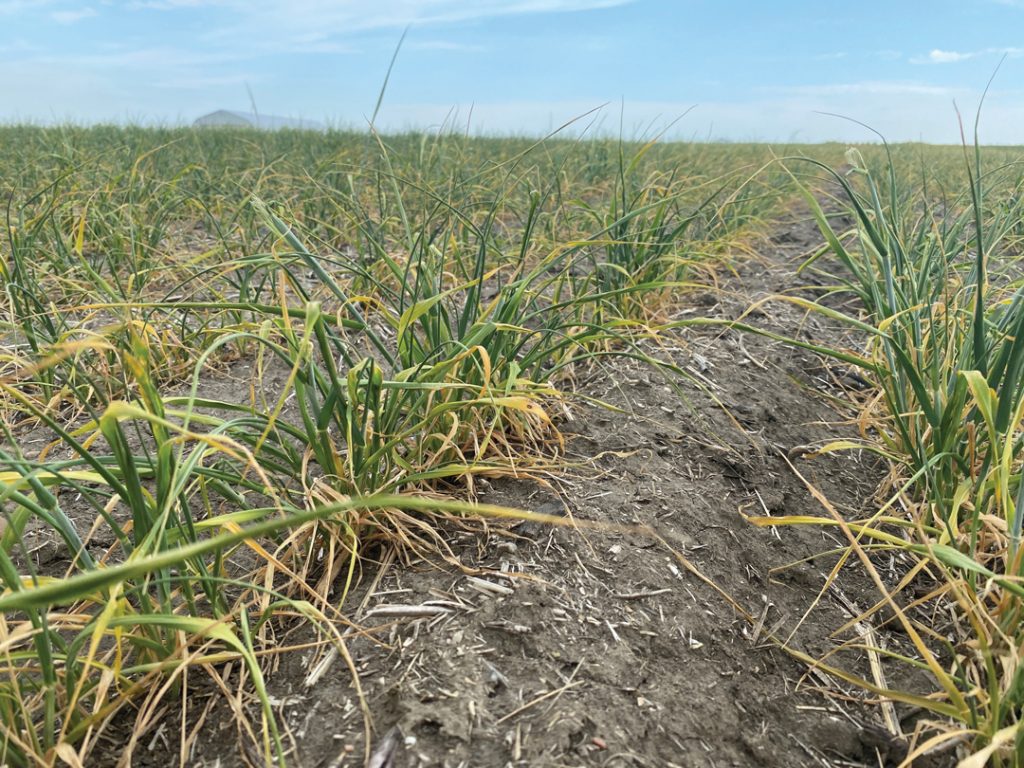
Irrigation aside, there is typically no remedy for drought, but a number of abiotic stress management products now or soon to be on the market may give crops a fighting chance against dry conditions. Certain of these crop inputs purport to help plants tolerate heat, drought, chill and salinity.

It has become commonplace to see farm equipment at work between power poles and in ditches where fences have been removed so the 66-foot public right-of-way can be cropped. Dubbed “trespass farming,” Alberta counties have the authority to hand out fines where this illegal practice occurs. Among its range of detrimental effects is negative impacts on game birds.
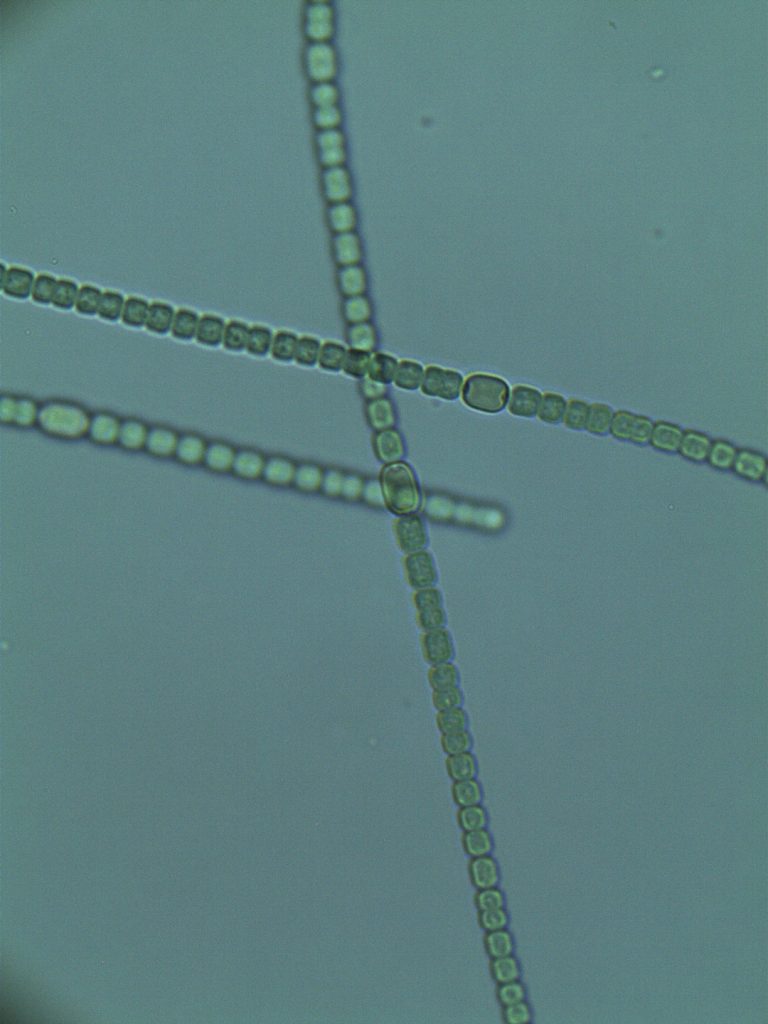
Long criticized for its irrigation-clogging, livestock-endangering, dugout-deoxygenating properties, lowly pond scum is in the midst of an image makeover.
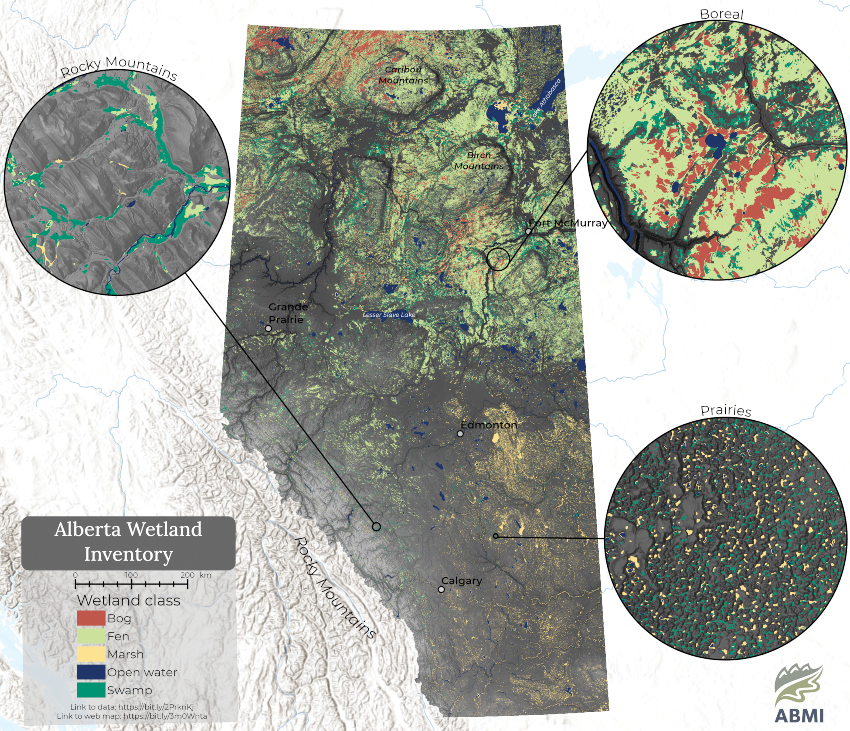
The release of the Wetland Inventory and Advanced Landcover Prediction and Habitat Assessment last spring has introduced a significant upgrade to the tracking of Alberta’s wetlands. In part, the ongoing project identifies and categorizes the province’s stock of marshes, swamps, bogs, fens and open water bodies that are 400 square metres or larger in size.